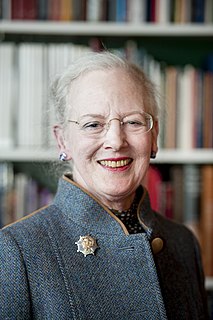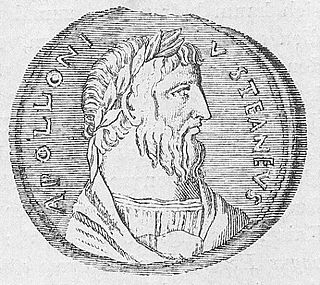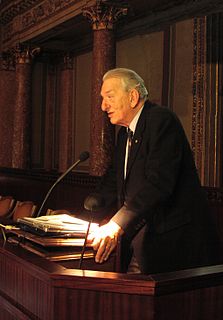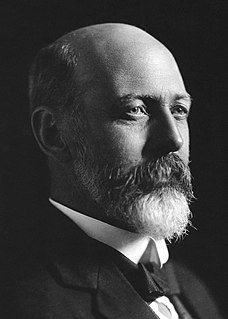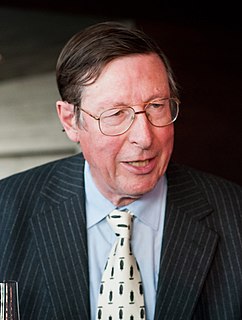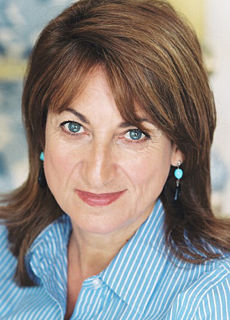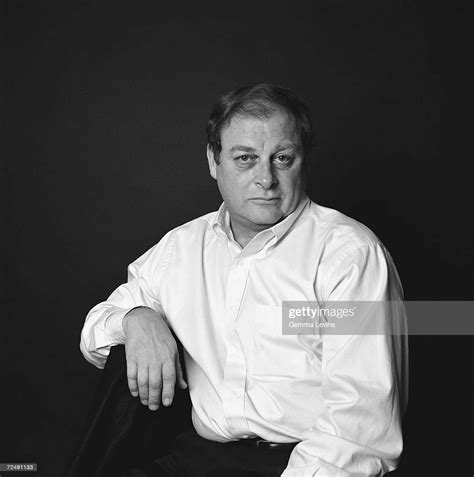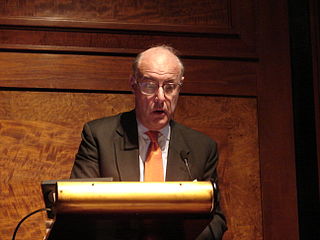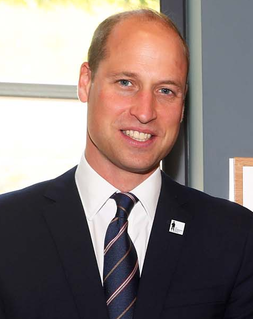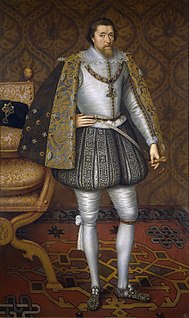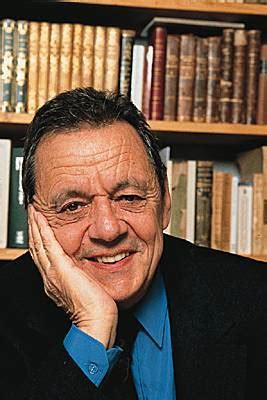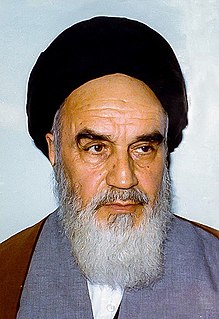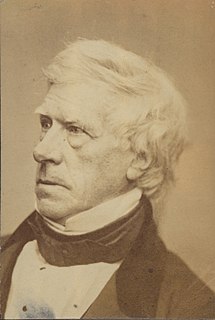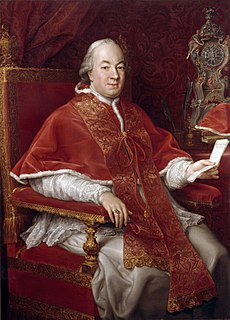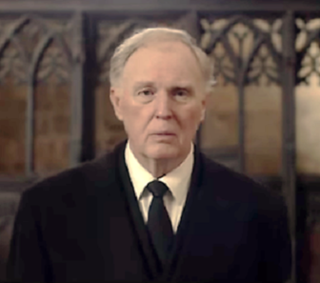Top 273 Monarchy Quotes & Sayings - Page 3
Explore popular Monarchy quotes.
Last updated on April 15, 2025.
I tend to be a bit of a proselytiser for the importance of royal courts, but all politics - in fact every form of human organisation, and this is something that's so dreadful for all those brought up in the 60s - naturally reverts to monarchy. Newspapers have editors, companies have chief executives.
The fundamental difference between Islamic government, on the one hand, and constitutional monarchy and republics, on the other, is this: whereas the representatives of the people or the monarch in such regimes engage in legislation, in Islam the legislative power and competence to establish laws belong exclusively to God Almighty.


